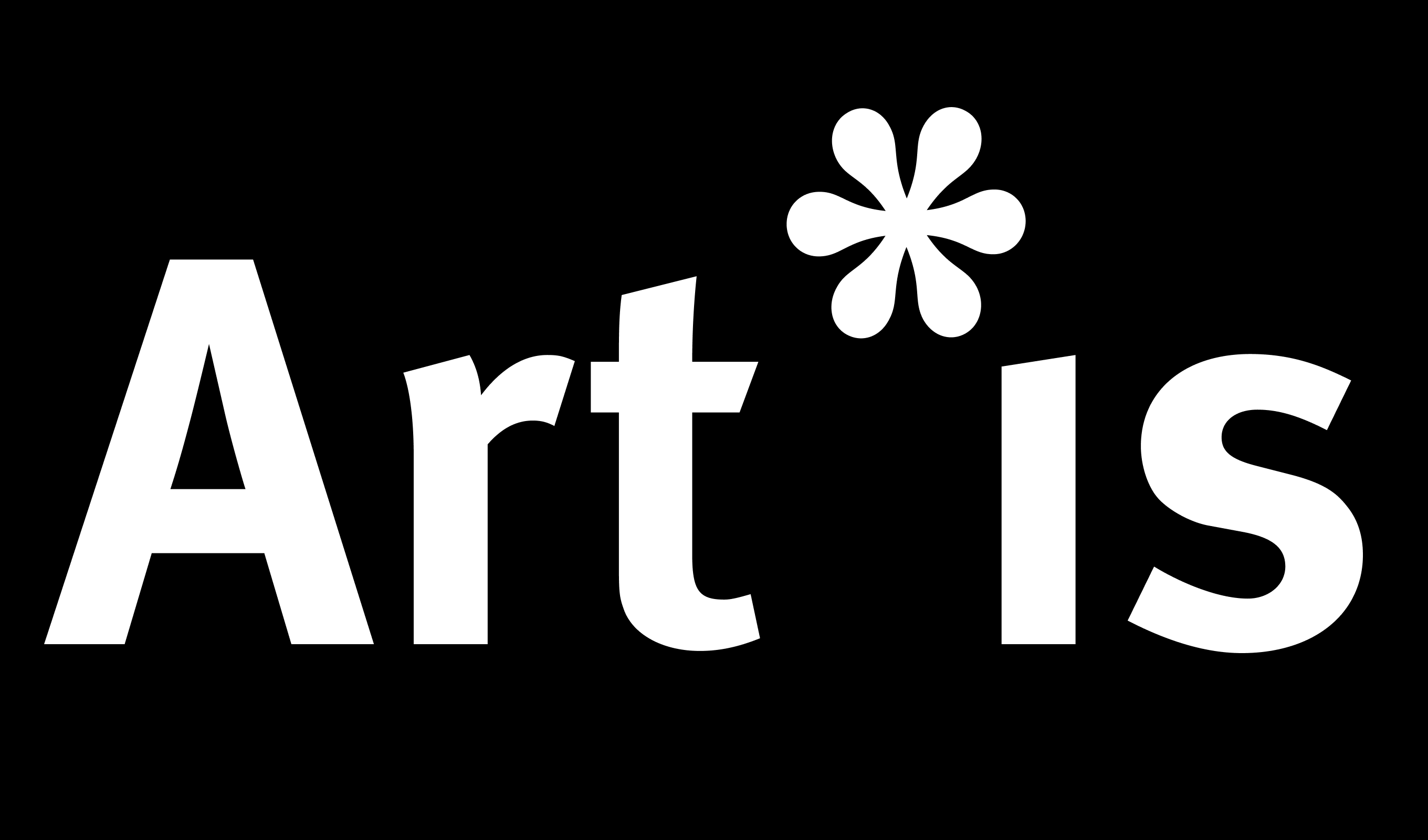Specific Department: Department of Psychology
Main individuals carrying out task
(1) Prof. Dr. Manos Tsakiris, Professor of Psychology, Department of Psychology, Royal Holloway, University of London

Prof. Dr. Manos Tsakiris
Prof. Tsakiris joined Royal Holloway in 2007 as a lecturer. By that time, his research on embodied cognition was already having an impact in the field. Soon after his appointment, he secured major funding from ESRC (2009-12) and ERC (2011-2016) and was promoted to professor in 2013. These innovative projects and the Lab of Action & Body (LAB) that he formed and led at RHUL shaped the contemporary psychological and neuroscientific understanding of body-awareness and self-identity in three key ways: (1) they developed a novel, comprehensive and empirically testable neurocognitive model of body-awareness (Tsakiris, 2010; 404 citations, the most cited review paper in the body-ownership literature). (2) They showed for the first time how multisensory information changes the mental representation of one’s identity (e.g. Tsakiris, 2008, 145 citations) and how changes in body representations result in measurable changes in social cognition such as changes in implicit biases (Maister et al., 2013; for a review see Maister, Slater, Sanchez-Vives & Tsakiris, 2015; ERC Starting Grant). (3) They showed for the first time how signals from within the body (i.e. interoceptive) and from the outside (i.e. exteroceptive) are dynamically integrated in self-awareness (e.g. Tsakiris et al., 2011, 193 citations). This novel direction motivated several new lines of research in his and other labs in a research area that has seen a 10-fold increase in publications over the last few years and with important implications for clinical psychology and psychiatry (e.g. body-image, anxiety), developmental psychology (e.g. emotion regulation), cognitive psychology (e.g. decision-making) and technological translation (e.g. wearable technology). With substantial funding from a recently awarded ERC Consolidator Grant (2017-2022), he now has the opportunity to consolidate the frontiers research on the interoceptive basis of cognition.
His research is highly interdisciplinary and uses a wide range of methods to investigate the neurocognitive mechanisms that shape the experience of embodiment and self-identity. He is the recipient of the Young Mind and Brain Prize in 2014 and the 22nd Experimental Psychology Society Prize in 2015. Since 2016, he is leading the interdisciplinary Body & Image in Arts & Science (BIAS) project at the Warburg Institute, and since 2017 the INtheSELF ERC Consolidator project at Royal Holloway. In 2016, thanks to the inaugural NOMIS Foundation Distinguished Scientist Award, Tsakiris developed an interdisciplinary project on secondment at the Warburg Institute. The ‘Body & Image in Arts & Science’ (BIAS, 2016-19) project capitalized on his expertise on embodiment to pave new ways in which we can study, across disciplines, how we (bodily) relate and respond to other humans in a culture powered by images
